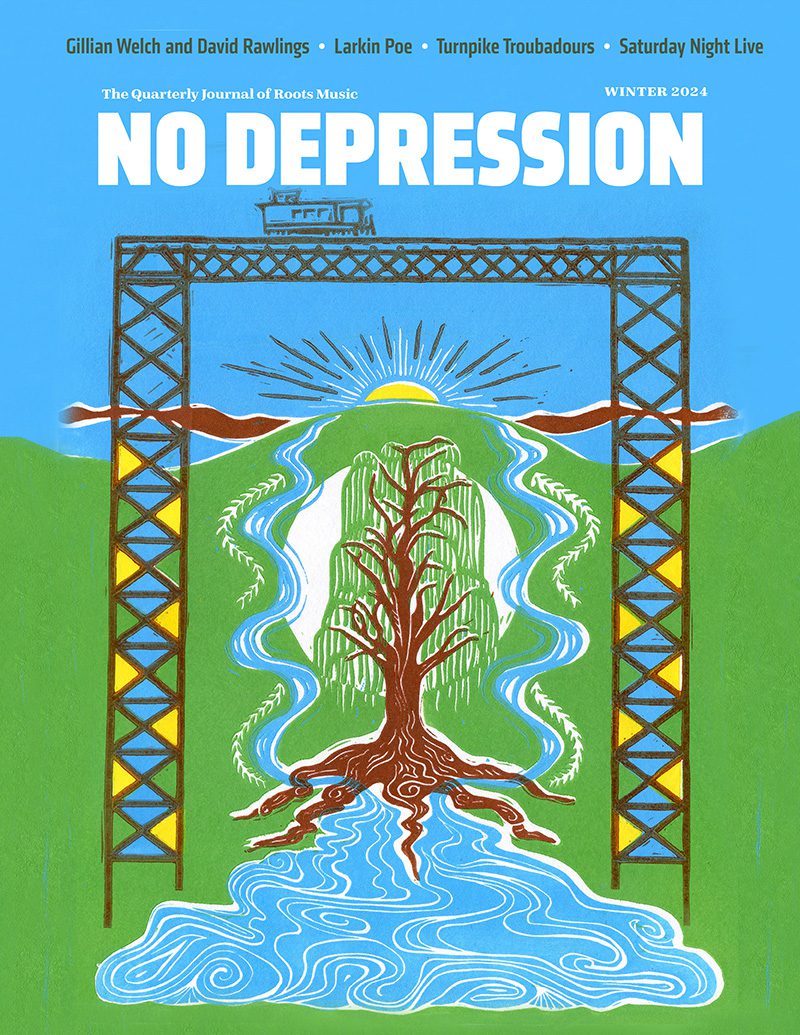Rod Melancon Haunts His Own Parish Lines
If Louisiana native singer-songwriter Rod Melancon’s debut solo album, My Family Name, was a Valentine to Hank Williams and the Outlaw Movement of the 70’s, then his outstanding new album, Parish Lines, released March 4th on Medina River Records, is certainly a love letter to Bruce Springsteen and the alt country movement of the last 20 years.
That’s a very good thing when the artist possesses the talent and originality to move his own Springsteen roots from New Jersey to the bayou earth of the Parish Lines of his South Louisiana homeland. Under the influence, he then takes us by hand and dances us through the hypnotic fire that lies between the haunting American Gothic of Springsteen’s The Ghost of Tom Joad and the harder blues-rock of Darkness on the Edge of Town . But the resulting collection is all his own and all South Louisiana at its core. Just as a young Joe Ely once rocked West Texas with intelligent and passionate rockabilly, Melancon has done the same for South Louisian.
With an often intoxicating dirty blues production that is absolutely unleashed in the celebration of its raggedness and funk, Melancon’s original material and his vocal performance are relaxed and engaging allowing him be comfortable to rage soulfully on one track or whisper out some dark truth on another, which makes the proceedings all the more authentic.
Dwight Yoakam sideman, Brian Whelan’s rough and tumble production is key to this dramatic transition in style allowing Melancon to push just far enough to give full vent to some seriously fine American music that finds itself walking the fine line between country, rock and blues. To put it succinctly, this album comes on like a roadhouse hurricane.

If, as he appears on the cover of the new album, he stands at the edge of the Parish Lines, then, that line is the willingness and courage it takes to reinvent, explore and tell of the hard lessons learned through story and song. This album marks a second chapter in Rod Melancon’s road trip toward his own his own musical legacy given him by his family name found near his own Parish Lines.


